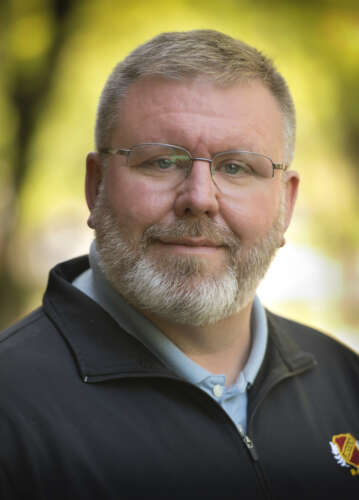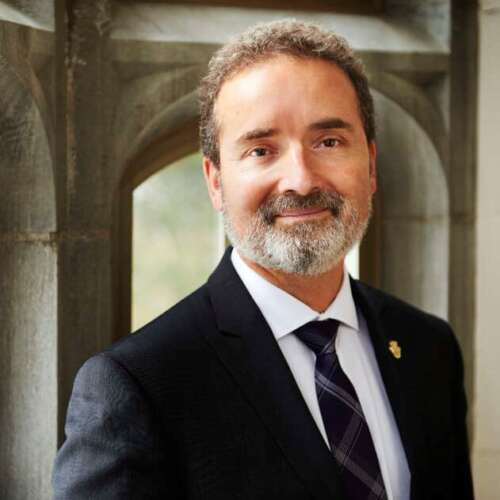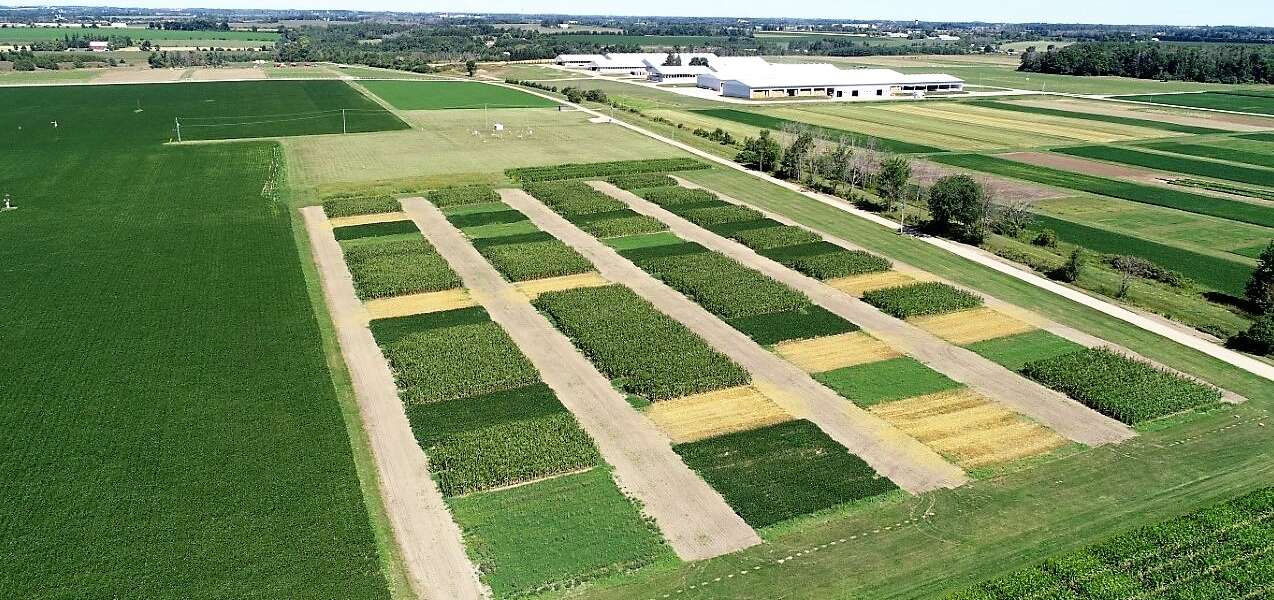
Growing crops more efficiently to ensure food security while keeping soils healthy are key goals of a new faculty chair funded this year at the University of Guelph.
The Martin and Denise Pick Family Chair in Sustainable Cropping Systems will be supported by a $2-million gift to the Ontario Agricultural College (OAC), along with funding from OAC and an anonymous bequest.
The chairholder is expected to be named in early 2023, said Dr. Eric Lyons, acting chair of the Department of Plant Agriculture.
Research and teaching under the new position is intended to focus on growing food crops in sustainable ways. “The goal is to produce more food on less space,” said Lyons.
That’s a critical challenge.
“We need to think innovatively about what we do in farming and its impact on the environment, soil, water, carbon,” he said.
Sustainable cropping to grow food, protect soils

OAC dean Dr. Rene Van Acker said, “The vision of Martin and his family for greater education and research capacity in sustainable agriculture is vital to our work as a leading agriculture and food university. I am incredibly grateful for private donors like the Pick family who see an industry need and then financially support the leadership required. The industry and our University are stronger due to this generous gift.”
Added president Dr. Charlotte Yates, “The Martin and Denise Pick Family Chair in Sustainable Cropping Systems is both an investment in the Ontario Agricultural College and the University of Guelph, as well as an investment in food security and a sustainable future for us all. I look forward to many research breakthroughs and collaborative partnerships in sustainable cropping that coming out of this impactful initiative.”
Sustainable cropping systems use methods including crop rotation and cover cropping, soil science, precision agriculture and remote sensing to grow food while protecting the environment.
That twin mandate is reflected in other names for the concept, including agroecology or regenerative agriculture.
Crop rotation, or growing different crops on the same land, helps to rejuvenate soils. Introducing winter wheat into crop rotation in Ontario led to higher yields of corn and soybeans and lower use of nitrogen fertilizer, according to a 2021 report by the Ontario Ministry of Agriculture, Food and Rural Affairs.
“A sustainable system has minimal impacts on soil health or even increases soil health and productivity,” said Lyons.
“We can definitely improve our cropping systems to sequester more carbon, release less nitrogen into the atmosphere or through leaching into groundwater. We’re looking to improve an endeavour that is very necessary for growing food.”
Pick family has promoted sustainable cropping, soil health
Those ideas resonate with Martin Pick, retired executive of the Pickseed Group of Companies. His parents, Otto and Marie, established Otto Pick Agricultural Service in 1948; the company was acquired by a leading Danish seed company in 2013.
Referring to crop rotations and rotational livestock grazing practices promoted by his father, Martin said, “We cannot continually mine the land without restoring organic matter. It is my hope that this chair will define and introduce effective, simple-to-use and widely acceptable cropping systems that deal with the issue of soil degradation.”
Marie Pick was inducted into the Ontario Agricultural Hall of Fame in 2019.
Lyons said the new chair will build on longstanding U of G strengths in agricultural and environmental sciences, including decades-long crop field trials conducted by plant scientists at University research stations.
Precision agriculture and sustainable farming are also key themes in U of G’s Food from Thought project and Arrell Food Institute.
“This is a very unique position in Canada,” said Lyons. “We hope this new position will interact and foster innovative collaborations” including joint research and teaching with members of both initiatives from across campus.
Contact:
Dr. Eric Lyons
elyons@uoguelph.ca
